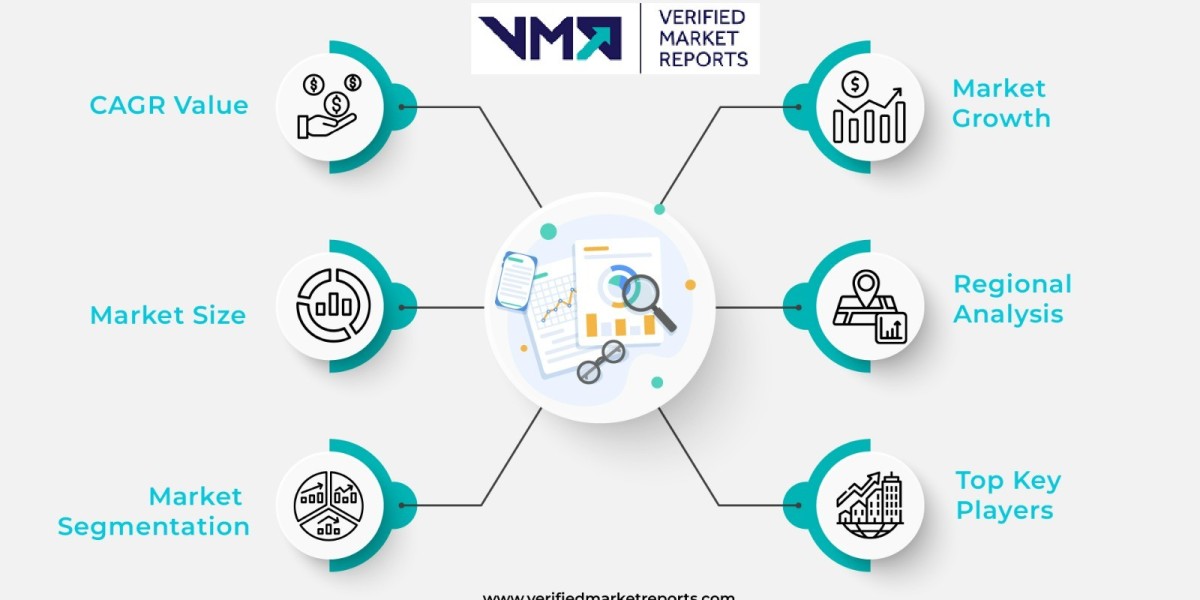A Credit Card offers multiple advantages. It lets you finance out-of-pocket expenses without initially feeling the burden of the cost. It lets you build a line of credit. You can also use your Credit Card to make payments and purchases offline and online. Besides, this little plastic card also provides various discounts and offers.
However, to explore the full range of benefits, you should understand Credit Card interest rates and when the interest is charged. Knowing when they are applicable is essential for good financial health and managing your Credit Card effectively.
About Credit Card interest rates
The Credit Card interest rate, also known as the finance charge, is calculated according to the Annual Percentage Rate. Credit Card interest rates represent the cost of borrowing money from the card issuer when carrying a balance from one billing period to the following billing period. The interest is charged to your unpaid balance and added to your outstanding debt.
APR represents the interest rate calculated for the entire year. Although APR works as the annual rate, banks usually use it month-wise to calculate the interest you need to pay.
When is the interest charged?
Interest is charged on your Credit Card usually in the following instances:
- When you do not pay the outstanding dues within the due date of payment.
- When you use the Credit Card to withdraw cash from an ATM. That is when you utilise your card for a cash advance.
- When you pay only the minimum amount due on your Credit Card bill for a month.
- When you repay less than the minimum amount due on your Credit Card bill.
Tips to lower or avoid the rates
To lower or avoid paying high Credit Card interest rates on your card, follow these tips:
- To prevent the interest cost on your Credit Card, try to pay the total outstanding amount on your card by the due date.
- If you have some high-ticket purchases on your Credit Card and paying the amount off entirely is a concern, you could convert them into equated monthly instalments. EMIs generally have lower interest rates than what you pay. This is because the interest could be lower than the one on your Credit Card.
- Unless you have cleared the outstanding amount, avoid making fresh purchases using your Credit Card. This helps you keep the interest cost lower.
- If you have withdrawn cash from ATMs using your Credit Card, deposit the funds back soon. This is because such withdrawals do not come with an interest-free period.
Conclusion
Now that you know the scenarios when interest is charged to your Credit Card, you could utilise this knowledge to manage your card payments more effectively. Understanding this can also assist you in avoiding or minimising interest expenses.


